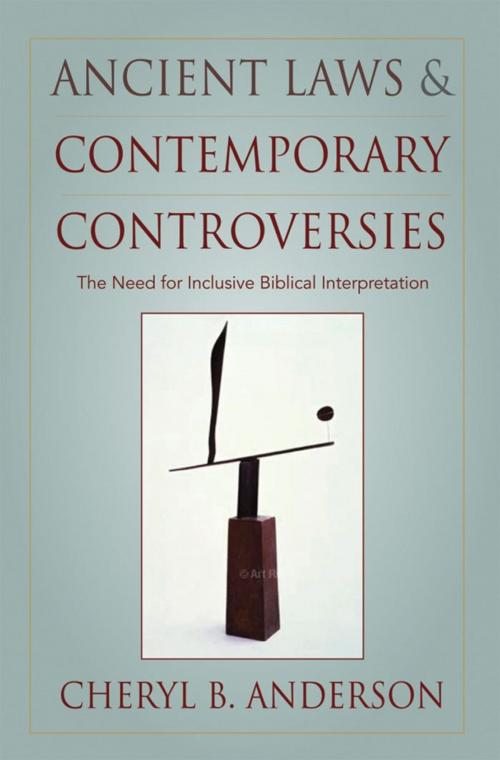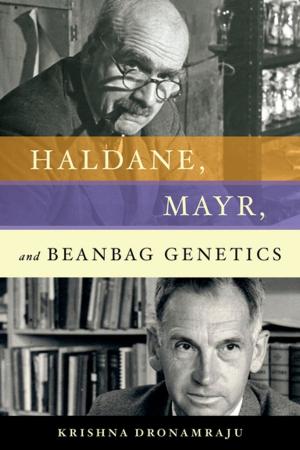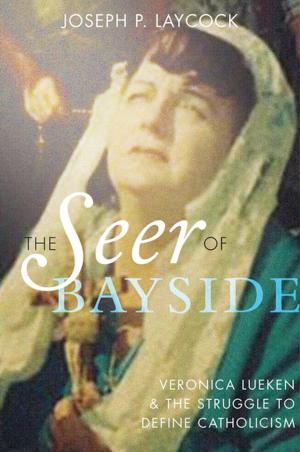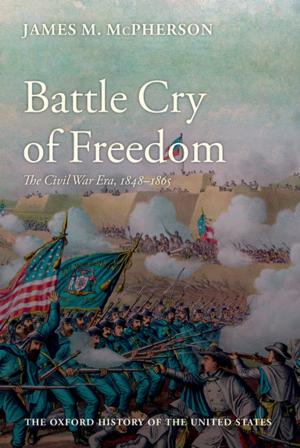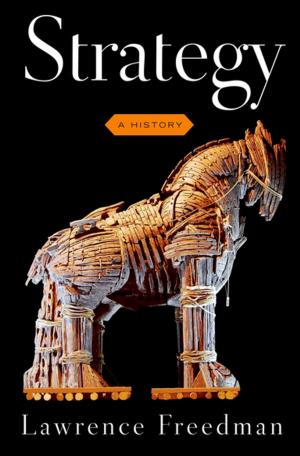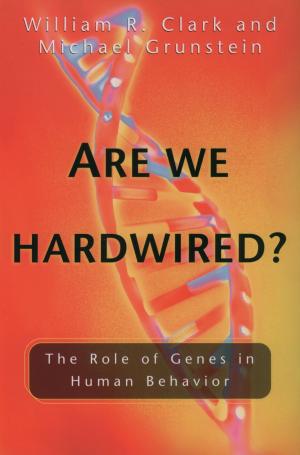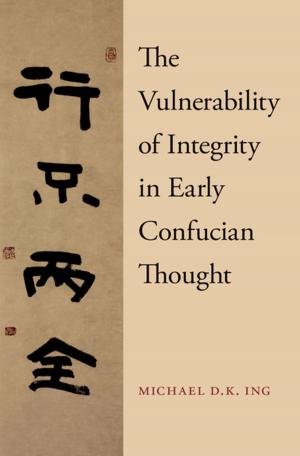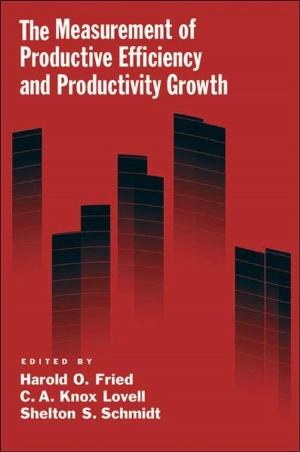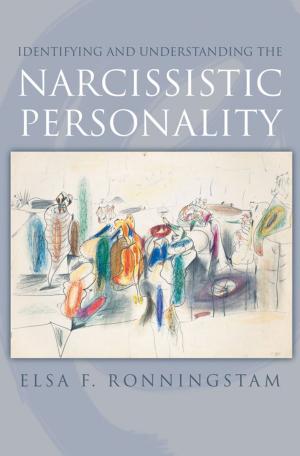Ancient Laws and Contemporary Controversies
The Need for Inclusive Biblical Interpretation
Nonfiction, Religion & Spirituality, Theology, Ethics, Bible & Bible Studies, Commentaries| Author: | Cheryl Anderson | ISBN: | 9780199885497 |
| Publisher: | Oxford University Press | Publication: | November 16, 2009 |
| Imprint: | Oxford University Press | Language: | English |
| Author: | Cheryl Anderson |
| ISBN: | 9780199885497 |
| Publisher: | Oxford University Press |
| Publication: | November 16, 2009 |
| Imprint: | Oxford University Press |
| Language: | English |
The Ten Commandments condone slavery, and Deuteronomy 22 deems the rape of an unmarried woman to injure her father rather than the woman herself. While many Christians ignore most Old Testament laws as obsolete or irrelevant-with others picking and choosing among them in support of specific political and social agendas-it remains a basic tenet of Christian doctrine that the faith is contained in both the Old and the New Testament. If the law is ignored, an important aspect of the faith tradition is denied. In Ancient Laws and Contemporary Controversies, Cheryl B. Anderson tackles this problem head on, attempting to answer the question whether the laws of the Old Testament are authoritative for Christians today. The issue is crucial: some Christians actually believe that the New Testament abolishes the law, or that the Protestant reformers Luther, Calvin, and Wesley rejected the law. Acknowledging the deeply problematic nature of some Old Testament law (especially as it applies to women, the poor, and homosexuals), Anderson finds that contemporary controversies are the result of such groups now expressing their own realities and faith perspectives. Anderson suggests that we approach biblical law in much the same way that we approach the U.S. Constitution. While the nation's founding fathers-all privileged white men-did not have the poor, women, or people of color in mind when they referred in its preamble to "We the people." Subsequently, the Constitution has evolved through amendment and interpretation to include those who were initially excluded. Although it is impossible to amend the biblical texts themselves, the way in which they are interpreted can-and should-change. With previous scholarship grounded in the Old Testament as well as critical, legal, and feminist theory, Anderson is uniquely qualified to apply insights from contemporary law to the interpretive history of biblical law, and to draw out their implications for issues of gender, class, and race/ethnicity. In so doing, she lays the groundwork for an inclusive mode of biblical interpretation.
The Ten Commandments condone slavery, and Deuteronomy 22 deems the rape of an unmarried woman to injure her father rather than the woman herself. While many Christians ignore most Old Testament laws as obsolete or irrelevant-with others picking and choosing among them in support of specific political and social agendas-it remains a basic tenet of Christian doctrine that the faith is contained in both the Old and the New Testament. If the law is ignored, an important aspect of the faith tradition is denied. In Ancient Laws and Contemporary Controversies, Cheryl B. Anderson tackles this problem head on, attempting to answer the question whether the laws of the Old Testament are authoritative for Christians today. The issue is crucial: some Christians actually believe that the New Testament abolishes the law, or that the Protestant reformers Luther, Calvin, and Wesley rejected the law. Acknowledging the deeply problematic nature of some Old Testament law (especially as it applies to women, the poor, and homosexuals), Anderson finds that contemporary controversies are the result of such groups now expressing their own realities and faith perspectives. Anderson suggests that we approach biblical law in much the same way that we approach the U.S. Constitution. While the nation's founding fathers-all privileged white men-did not have the poor, women, or people of color in mind when they referred in its preamble to "We the people." Subsequently, the Constitution has evolved through amendment and interpretation to include those who were initially excluded. Although it is impossible to amend the biblical texts themselves, the way in which they are interpreted can-and should-change. With previous scholarship grounded in the Old Testament as well as critical, legal, and feminist theory, Anderson is uniquely qualified to apply insights from contemporary law to the interpretive history of biblical law, and to draw out their implications for issues of gender, class, and race/ethnicity. In so doing, she lays the groundwork for an inclusive mode of biblical interpretation.
